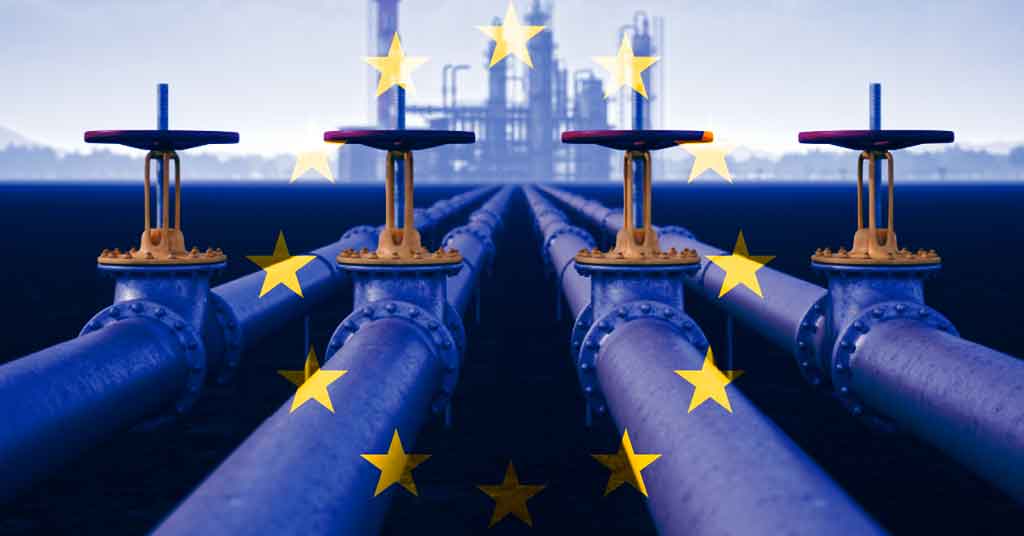Welcome To ChemAnalyst

Europe's natural gas demand continues to languish, marked by persistent weakness that can be attributed to the lingering repercussions of last year's energy crisis. Engie, a major utility company based in France, holds the belief that a significant portion of the demand erosion is likely to be permanent, mirroring the ongoing conditions within the European natural gas market.
The descent of European gas demand commenced towards the end of 2021, with a confluence of factors contributing to this downturn. The primary drivers include the precipitous surge in gas prices, the Russian invasion of Ukraine, and the significant disruption of Russia's pipeline gas supply to Europe. These formidable challenges have prompted governments to advocate for energy conservation measures, while industries have trimmed their gas consumption in response to the elevated prices and the concurrent economic softening.
While some analysts and industry experts had previously put forward the possibility of a resurgence in Europe's natural gas demand during the upcoming winter, Engie's perspective, articulated by MacGregor, paints a more measured and cautious picture of the European natural gas market. It suggests that the challenges confronting the sector may persist, and a complete recovery may prove to be a protracted and uncertain journey.
The European natural gas market has been grappling with an intricate web of factors that have precipitated the existing demand challenges. The most prominent among these factors is the aftermath of the energy crisis that rocked the region in the preceding year. This crisis served as a catalyst, initiating a chain reaction that continues to influence the natural gas landscape in Europe.
A key driver of the subdued demand has been the surge in gas prices. These prices have soared to levels that have made them prohibitive for many consumers and industries. The escalation in prices has been exacerbated by the Russian invasion of Ukraine, which not only added geopolitical uncertainty but also led to disruptions in Russia's pipeline gas supply to Europe. The combination of these factors has created an environment where the cost of gas has become a significant burden.
Furthermore, industries in Europe have been compelled to adjust their operations in response to the high gas prices and the prevailing economic conditions. These adjustments have entailed a reduction in gas usage, reflecting both the cost considerations and the weakened economic activity that has characterized the region. As a result, the industrial demand for gas has undergone a noticeable decline.
We use cookies to deliver the best possible experience on our website. To learn more, visit our Privacy Policy. By continuing to use this site or by closing this box, you consent to our use of cookies. More info.
